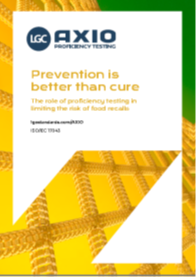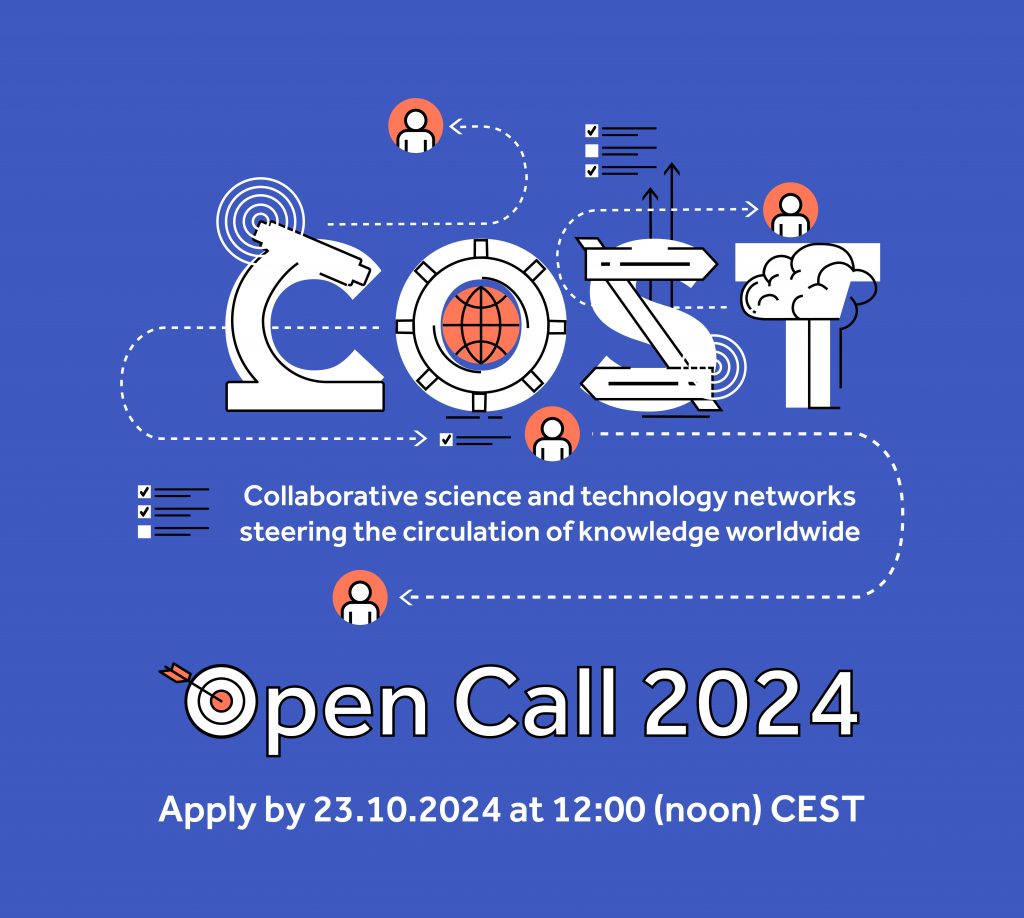Proficiency testing is one of the approved methods to evaluate a laboratory’s performance, as it allows laboratories to consistently audit the quality of their output by participating in inter-laboratory comparisons.
Discover the approach developed by our partner LCG AXIO !


